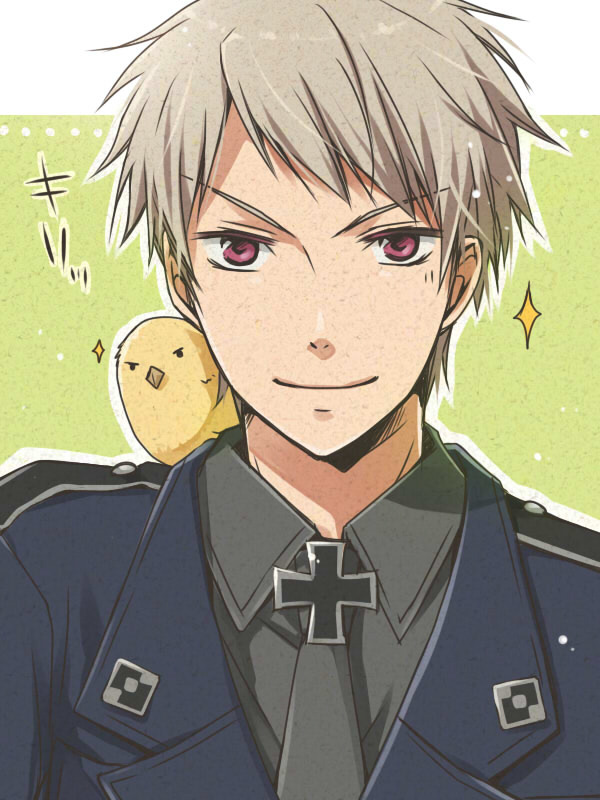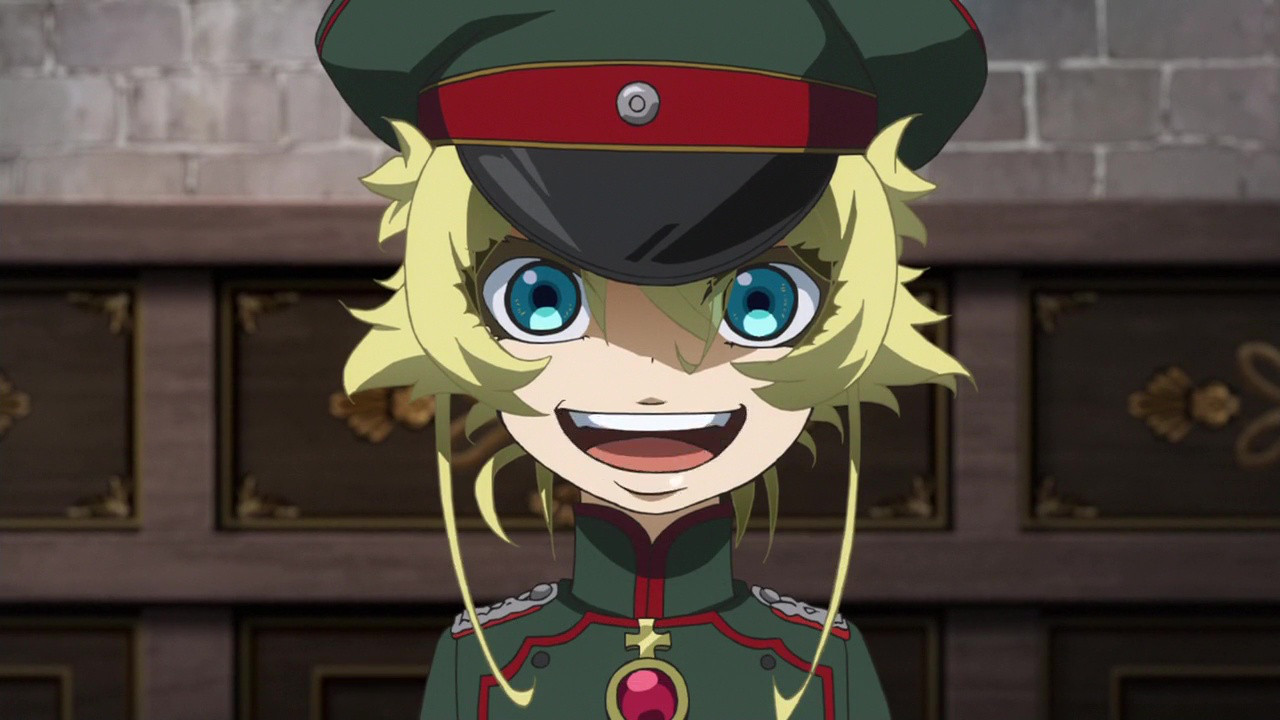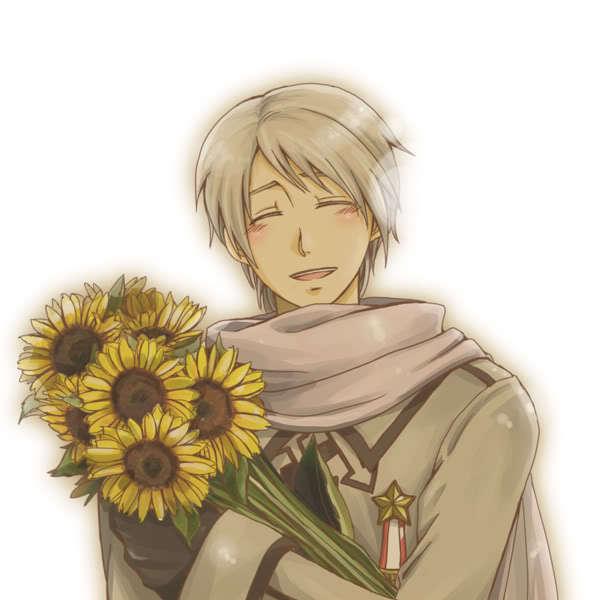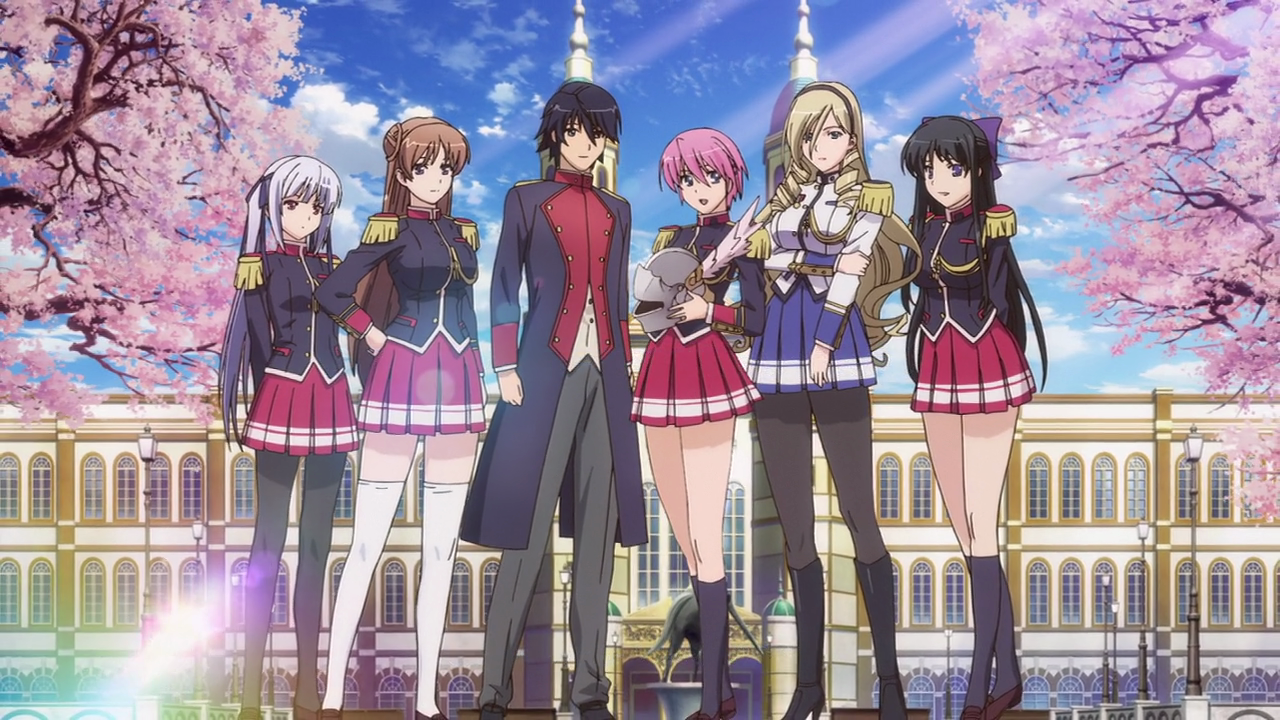Überrest
След | Vestige | Ślad | Ženklas
An exhibition on ethnic German settlement in Cold War Prussia (West Baltic)
Based on the historical novel ‘Vestige’ by Yvonne Raeder
Tsarina Catherine II 'the Great 'of Russia, the Russo-German monarch responsible for opening German migration into Russia in the late 18th Century.
The Germans of Prussia are by far the most prolific of the ethnic groups in the country. For a millennium, German settlement and rule over the Baltic coast has defined the history of the region and Europe, from the foundation of the Teutonic Order to the rise of the Prussian kingdom. But the German history of Prussia came to an abrupt end, when the local population was expelled by the victorious Soviets after World War II. But a new history was to unfold for those who come after, as migrants from what was once the German Democratic Republic (East Germany) intermingled with various German disapora of the east, whose pasts were more intertwined with the Russian Empire and Soviet Union than Imperial Germany.
To define the Germans of the new Prussia, one must dissect the various migrant groups that came. While repatriates who returned after their expulsion in 1945-1947 make up a significant number, a far larger portion came other parts of East Germany, as well as the Russian-speaking Germans of the Soviet Union. These Russo-Germans, descendants of Baltic Germans and Mennonites expelled to the Siberian and Central Asian interior, would intermingle with migrants from their ancestral lands, coalescing into a new bilingual people that would define the new Prusso-German identity. Later, as the ‘German Explosion’ brought in new migrants from both East and West, the cultural composition of the German population would come to match the diversity of the new Prussia itself.
Before the collapse of the Soviet Union, the German sub-groups could generally be split into three categories, sometimes overlapping with each other. The first were repatriates who had returned to Prussia, often considered part of the East Germans in general. However, their motivations and ideology made them more unreliable compared to other migrants, and the Stasi-supported Committee for German Immigration sought to bar anyone with the faintest ties with the old Prussian province from returning unless stated otherwise. The second, the East Germans, were a mix of voluntary migrants motivated mostly by economic incentives, as well as those forcibly ‘volunteered’ (i.e. abducted) to migrate to the West Baltic. The latter, the result of a complex Stasi program to divert the tide of defections away from West Germany, tended to cooperate more with repatriates than normal migrants. However, unlike the repatriates, potential defectors were prioritized for migration, as a means to detain them in the West Baltic. The third, the Russo-Germans, were generally considered voluntary migrants who were attracted by both economic incentives and a chance to escape exile in the desolate frontiers of the union. It would be the interactions between these three groups that would create a new cultural identity for the German diaspora, one of embrace for both German and Russian cultures. It is this diaspora that would find themselves on a collision course with new migrants in the post-Soviet era, as arrivals from western Germany, especially the exiled Junkers of old Prussia, sought to reassert their long-lost vision of their homeland.
Ministry for State Security Headquarters
Haus 1, Ruschestraße 103, East Berlin, German Democratic Republic
27th January, 1957 C.E.
Arnhild Weiss
“He’s insane.”
It was a sentiment held by Arnhild herself back at Kaliningrad; a young party internationalist demanding an unreasonable level of achievement never seen since Stalin. Despite Yevgeny’s expressed reservations against the use of force or coercion, Arnhild had no illusions what exactly they would be using to meet his quotas. Rather, Arnhild had no illusions why the DDR was on board for his Kaliningrad project. It was not, and it was hard to believe anyone, even his Soviet leaders, were genuinely supportive of it.
“Don’t worry too much about it,” a bald higher officer with gleaming spectacles remarked, handing her back her report without a second thought, “we’ll follow our plans as instructed. His quota system does not conflict with our repatriation program. Besides, Colonel Tonchev has already given us full creative direction in handling our migrations.”
“Are you sure,” Arnhild queried, doubtful of the statement, “do you not think Stolypin would protest to becoming a prison warden.”
“Are you implying he has no idea,” the general scoffed, brushing off the concerns, “Captain Weiss, you are not a child. An officer in the KGB, the very organization that has green-lighted the Internationalization program, can’t possibly feign ignorance to its true purpose. Just follow your directives and you’ll be fine. While I had hoped to assign you to a task more suited for your high calibre, I suppose you will have to do for this one. Who knows, if this… whatever it is, takes off, you might be in line to enter the Volkshammer, or more.”
“I’ve already given the high brass my word,” Arnhild refused politely, “it wouldn’t be fair for me to back out, in any case. Besides, this… program has its fair bit of challenges. I would not dismiss it as an easy task right off the bat.”
“Oh,” the officer chimed, raising an eyebrow, “if that’s how you feel, then I wish you the best of luck. Pity… You picked a very difficult superior to answer to.”
‘A very difficult superior to answer to’… Knowing the brass’ opinion of her, there was a certain meaning to it that Arnhild had trouble dismissing. Had it been anyone else, Arnhild would have had the superior wrapped around her finger and thighs already. Her talents, her cool beauty… those were the archetypes of a femme fatale spy. But roping Yevgeny was nigh-impossible, not with the infamous Black Widow as his own woman. Arnhild could scarcely imagine why someone like Sara would tie herself to a young, unaccomplished cadre. Did she believe he was a large investment in the making, or was she a lot less avaricious than she actually appeared? Regardless, she did not take too kindly to being compared to a honeypot. Saluting the general as she took her leave, she mustered all the cool patience she had to leave, her lips pursing at his joke.
Waiting at a corridor for her superior, a young, smiling junior officer with short, neatly-cut hair saluted as she passed. Following behind, he questioned, “what did he say, madam.”
“He said to carry on,” she stated coldly, hiding her discontent, “how are the decoy networks and smuggling routes coming along?”
“Everything is proceeding as intended, Madam,” the boy answered in a strangely jovial manner, following behind her, “agents are reporting in many requests for defections. It’s far more serious than we thought.”
“Of course it is,” Arnhild stated as a matter of fact, “we have savages within our ranks using suspects as stress relief. Just deal with them as planned.”
“Very well. What about the Germans in the Soviet Union,” questioned the young man, “I mean, we were assigned to watch over their resettlement too...”
“That…” Arnhild muttered, pausing as she pondered over her other role. While her initial and only task was the simple ‘resettlement’ of ‘potential Republikflüchtlinge’ in Kaliningrad, Arnhild was also tasked by Stolypin to tend to migrants from within the Soviet Union, Baltic Germans and Mennonites exiled east of the Urals. Her superiors were not too keen on whatever duties that laid outside those assigned to her. But at the same time, they never cared enough to stop her either.
“Some effort will do,” Arnhild simply answered, electing not to think too much on the issue, “if the networks can’t get enough to meet his numbers, we’ll just head out once in a while. No big deal.”
“I see,” the smiling aide stated, bowing his head a bit, “if it’s too much trouble, I can always head alone-“
“It’s fine,” Arnhild refused, “I don’t want to impose on you.”
Glancing back at the young man, Arnhild could not help but feel unnerved. Knowing her superiors, there would always be at least one person under her tasked to keep tabs. Just because she was the daughter of a politburo chief did not make her exempt from surveillance, far from it. And their purpose was just restricted to seeking out moles. Even an envious officer could find fault with his betters simply to take her place. In fact, just about any subordinate could aim to take her down out of envy. For that reason, she tended to be a woman of few words, an aloof, calculating persona to keep suspicions away.
“I’ll see to the Russian side myself,” she simply told the lad, “I don’t think I can keep my eye off the head... I get the feeling his plans would only drive all of us but ruin.”
This was the reality of Arnhild’s world. Equality be damned, only those with the ties and loyalties could ever the eminent power in the communist bloc. Social equality, redistribution of wealth and other crowd pleasers were fine while they lasted, but ultimately, nothing truly changed. The revolutionaries become the new nobles, and the peasants who lacked the talent to rise up remained where they were, slaves to the whims of their leaders.
Nothing will ever change…
Petropavl, Kazakh Soviet Socialist Republic, Union of Soviet Socialist Republics
27th January, 1957 C.E.
??????
Petropavl, in northern Kazakhstan.
One of the many Russian cities lying outside the Russian SFSR, Petropavl was a triumph of Tsarist colonial ambitions, taming the massive steppes of Central Asia for God and emperor alike. Most recently, the area across northern Kazakhstan has become a vast experimental garden for Khrushchev’s Virgin Lands program. To transform barren soil into a breadbasket of the Soviet Union, many, including Germans from European Russia, were settled in the area to toil and seed the land. And from its bumpy start, optimism was rife after last year’s bountiful harvests.
But one man had no intention to labour in the fields as his forefathers had. In a small house in the city’s periphery, the solemn-looking, dark-haired man was glaring at an ad that was pasted on the notice board. It appeared like a normal job description, exhorting patriotic workers to join in building the ‘international’ city. The problem was, that city was about three-and-a-half thousand kilometres from Petropavl. It laid at the edge of the Soviet border, in a closed military region.
“A bit far,” went the man, lowering the paper, “sounds like a lot of paperwork. I should try looking around the city a bit more. There has to be something I could work in.”
“Excuse me.”
Watching a door open at the corner of his eye, a silver-haired, effeminate-looking boy with distinctive fringes stepped in with a cup of coffee. Despite the contrast in hair colour, not many disputed their family relationship, perhaps due to their matching hairstyle. As the boy laid the cup down on the table, the elder rubbed his eyes as he thought about him. While the silver-haired lad was, on paper, his son, the former farm hand could only wonder how true it really was.
“Vissarion, is it,” he spoke to the teen, “did Inessa… did your mother ever told you about your birth father?”
“Birth father,” Vissarion uttered, bowing his head a bit, “no, not at all… All she said was that he was a high-ranking KGB officer, practically untouchable. Someone this irresponsible has no right to be my father.”
“You don’t know that, Vissarion,” the senior went, “might have been an accident. He might not know you exist. Who knows? Besides, I’m not exactly a good person either. I signed away some marriage papers to bail a random stranger out and promptly left her to herself. Who would have thought she was carrying a child? The state would have ‘killed’ you and sent her to prison if they found out.”
“But they didn’t, did they,” the boy remarked with unusual calm, a soft smile on his face as he looked at his brochure, “thanks to you, my mother was able to pass on as a free woman, and I was able to come into this world. For that, you are my father, my one and only. If you feel burdened, I’ll be happy to help.”
Sighing in relent, the elder simply stated, “just finish your studies and get on with your life. You don’t want to be tied down with me.”
Pausing a bit at his lackadaisical attitude, the teenager quietly switched topics, asking, “come to think of it, you never told me your full name, Mr Kir… Father.”
Glaring at the boy, Kirill had no idea how to feel about his new son. He never intended to have a family, a main reason why he was so ready to sign away his bachelorhood without a second thought. The woman who asked for his help fifteen years ago, Inessa, was far from a friend or relative, simply a stranger that appeared in their village of Peterfeld. Kirill was barely into marriageable age then, and balked at the idea of settling down with a woman and children. Now, he was wondering in hindsight if he should have accepted her plea, whether to condemn her to a false crime and forced abortion, or to have a random love child call him ‘father’ for the rest of his life.
“Kirill Yakovich Vorarlberg,” the man told him, “that’s my name.”
“Vorarlberg,” Vissarion went, “that’s a German surname.”
“My family were Mennonites in the Volga region before the Great Patriotic War,” Kirill explained, taking a sip off his coffee, “Stalin didn’t want us helping the Nazis, and so they ordered us into this godforsaken place. So many died here because he feared we might turn on him in a heartbeat. In the end, what’s the point of returning to Europe if your own farm is home to another family? I can’t be expected to evict them, not without the state’s backing nor with a clear conscience. You don’t have to take my surname. You had your mother’s the whole time, so it doesn’t seem reasonable to-”
“I’ll take it,” the boy affirmed with a straight face.
Taken a bit by surprise, the adoptive father blurted, “what?”
“I’ll take your surname,” Vissarion repeated, unwavering in his tone, “it’s only fair. Both the law and providence dictate that you’re my father. It’s only right that I carry on your family line, adopted or not. Besides… my mother requested it. I suppose it was the least she could do to repay you, even if you didn’t think too much of it.”
“Something tells me you act just like your mother,” grumbled Kirill, submitting to his fate, as he adjusted himself to look to the window, “do as you wish.”
A gentle smile on his face, Vissarion could not help but feel elated. It felt odd, taking the surname of a stranger he never met until now, but he had every reason to be grateful. While Kirill opened claimed otherwise, there was at least some clear selflessness in him. He felt it was only right to repay him, for a deed that seemingly meant so little to Kirill, but very much saved Vissarion’s life.
“Besides which, are you considering moving to Kaliningrad, Father,” Vissarion queried, turning the brochure around for Kirill to look at.
“Ah… I guess,” Kirill blurted, “but payment for paperwork and train tickets seem a little too steep. It’s not like I can’t find work here in Petropavl.”
“But the ad stated all expenses will be paid by the state for all non-Russians,” Vissarion informed him, “with priority given to smaller and non-national minorities.”
Widening his eyes a bit, Kirill uttered in surprise, “really?”
“It’s right here…” the lad pointed out on the paper, a bit confused over his surprise, “all two lines of it. Don’t tell me… you can’t read, Father?”
Vissarion had struck a sore spot, as Kirill turned away in grim shame. Wiping his face, he dared not admit that he had only finished grade school, hence unable to read anything more than simple Russian words. Restraining his urge to snap, the father tried his hardest not to show his despondence. Changing tact, he quickly concluded, “let’s head for Kaliningrad then,” ending the conversation where it stood.
Father and son were going to Stolypin’s ‘international’ city.
Cast:
- DDR Minister of State Securit (Stasi)
- Vorarlberg family












